
Microsoft and Canonical bring Ubuntu Linux binaries and Bash Shell to Windows 10
Well folks, today we witness history. For the longest time, Microsoft and the Linux community have been like Ford and Chevy, or Coke and Pepsi -- bitter rivals. Users have often chosen a side, and then hated the other. Of course, Windows has many more followers on the desktop -- Linux is largely insignificant in that regard. Mobile and servers are a different story, but I digress.
Today, pigs must be flying, as Microsoft does the unthinkable, and brings Ubuntu binaries and Bash Shell to Windows 10. Steve Ballmer would be rolling in his grave -- if he were dead, that is.
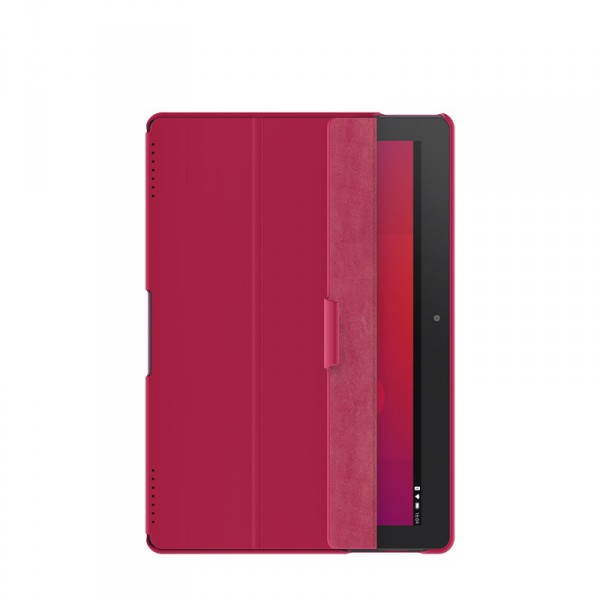
BQ Aquarius M10 Ubuntu Edition Linux tablet now available for pre-order
While Linux remains insignificant on the desktop, it is the clear king of mobile thanks to Android. While the iPhone may generate more money, there are more Android handsets being sold globally.
Unfortunately, while Android uses the Linux kernel, the devices are usually not in line with the typical experience. Outside of Nexus devices, many users have to deal with locked bootloaders and the inability to install an alternative OS. Luckily, Android is not the only mobile Linux game in town -- Ubuntu can scale beautifully from smartphone, to tablet, to desktop. Today, the first official Ubuntu tablet -- BQ Aquarius M10 -- becomes available for pre-order, giving Google a run for its money.

Canonical releases Ubuntu Linux 16.04 LTS 'Xenial Xerus' Final Beta
If you are a Linux desktop user, there is a good chance you have used Ubuntu at some point in your life. The distribution is one of the best, offering stability, many available packages, and an overall great user experience. Unfortunately, the last few releases have been rather ho-hum -- boring and evolutionary. Don't get me wrong, Canonical shouldn't fix what isn't broken (as Microsoft often does with Windows), but some users expect a bit more from operating system upgrades.
The upcoming 16.04 release looks to remedy this, finally delivering a meaty upgrade to Ubuntu fans. Two major changes are a much improved Unity with the ability to move the dock (woo-hoo!), and a refreshed software store. Today, Canonical releases the final beta, signaling that the true non-beta final version, due April 21, is right around the corner.
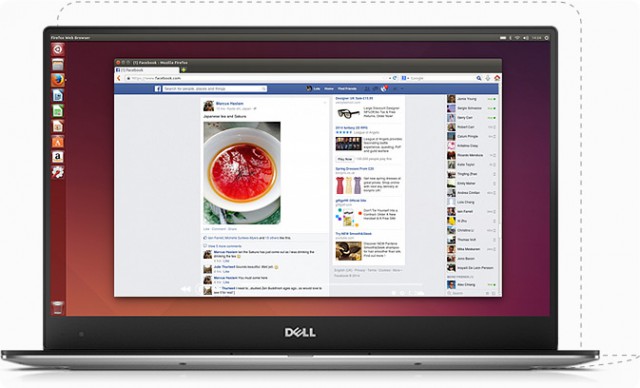
Dell releases new XPS 13 Developer Edition, launches Linux-based Precision laptops worldwide
On the laptop side, Dell may be best known for its Windows devices, but, as some of you may already know, it also offers some killer Linux-based alternatives for prosumers. It all started out nearly four years ago with Project Sputnik, which led to the release of the first-gen XPS 13 Developer Edition, a Ubuntu-flavored version of the popular ultrabook, in late-2012.
Fast forward to today and Project Sputnik is more than just a one device effort, as Dell has expanded the reach of the program to also include some of its professional-grade laptops. Now, the company steps it up a notch by introducing the Intel Skylake refresh of XPS 13 Developer Edition, and making the Ubuntu-toting Precision laptops available worldwide.
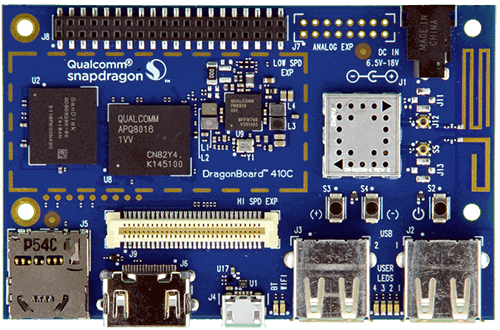
Canonical chooses Linux-friendly Dragonboard 410c as Ubuntu Core on ARM 64-bit reference
Linux is such a wonderful kernel for many reasons, but I find its adaptability to be the tops. You can get an operating system based on the kernel running on such a broad range of hardware -- something Microsoft can only dream about with its venerable Windows.
Even though Linux can run on damn-near anything, it is beneficial for developers to have a reference platform to use for creating. Of course, they can always expand from that jumping point. Today, Canonical announces that the Dragonboard 410c hardware will be the reference platform for Ubuntu Core on ARM 64-bit.
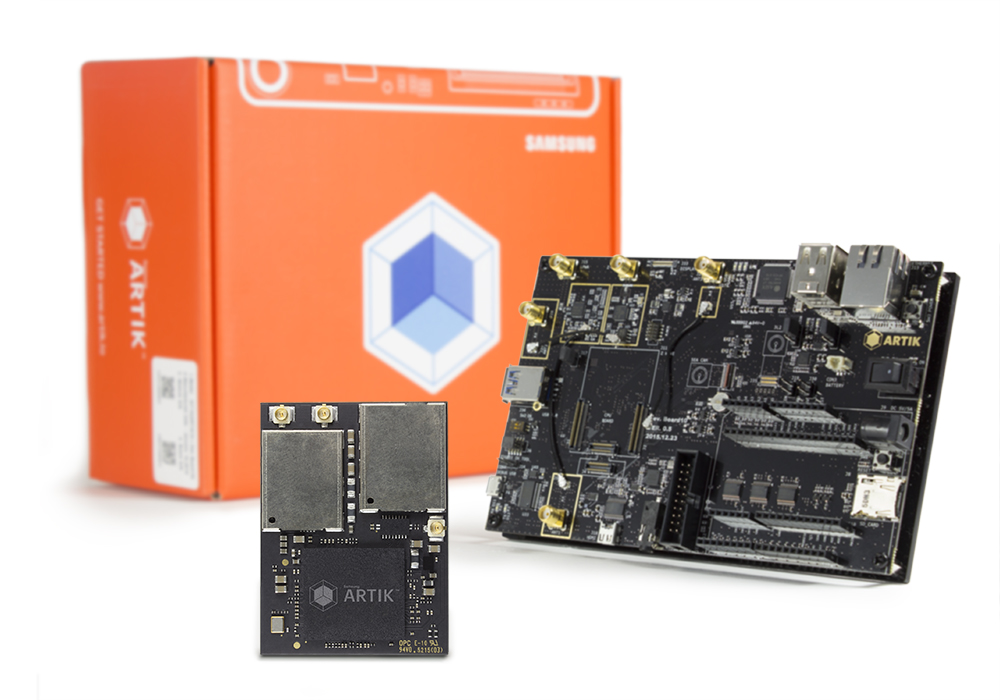
Canonical to release Snappy Ubuntu Core Linux image for Samsung ARTIK IoT platform
Ah, Linux. What can't the open source kernel do? For many projects, operating systems based on it have proven remarkably adaptable -- being made to work with countless hardware configurations. While Windows may remain king of the desktop -- for now -- Linux has its fingers in many pies for which Microsoft's offering is just too bloated. It remains to be seen if Windows 10 IoT will be embraced.
Today, Canonical announces that it will be releasing an Ubuntu Core image for Samsung's IoT-focused ARTIK platform (5 and 10 modules). What does this mean? Well, developers can now leverage one of the most popular Linux distributions on this hardware. This creates amazing potential for ARTIK.
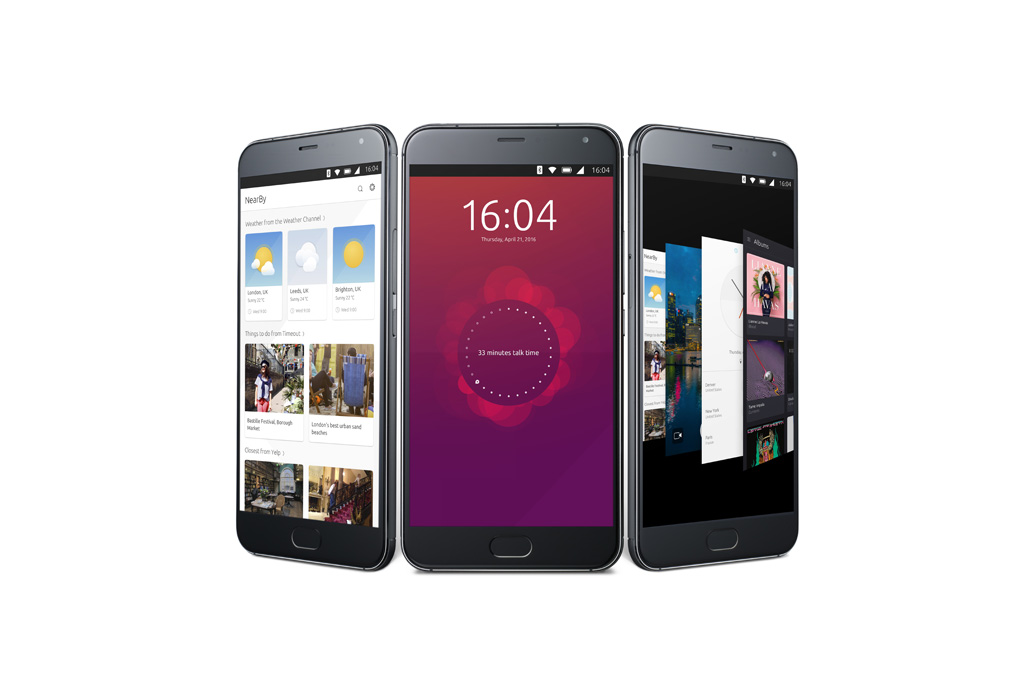
Canonical announces premium Linux-powered Meizu PRO 5 Ubuntu Edition smartphone
While I love iOS when it comes to mobile devices, Linux is my true love on the desktop. Android used to be my choice for mobile, but I jumped ship due to scary exploits and untimely (or nonexistent) OS updates. Linux should be synonymous with security, but Google's mobile OS has tainted that, sending me into Apple's loving arms.
Luckily, Google is not the only Linux player with mobile -- Canonical is still moving ahead with Ubuntu. True, it is a long shot to ever meet or exceed iOS or Android in market share, but fans of Linux and other open source software should pay attention. Today, Canonical announces the Meizu PRO 5 Ubuntu Edition -- a premium and luxurious smartphone.
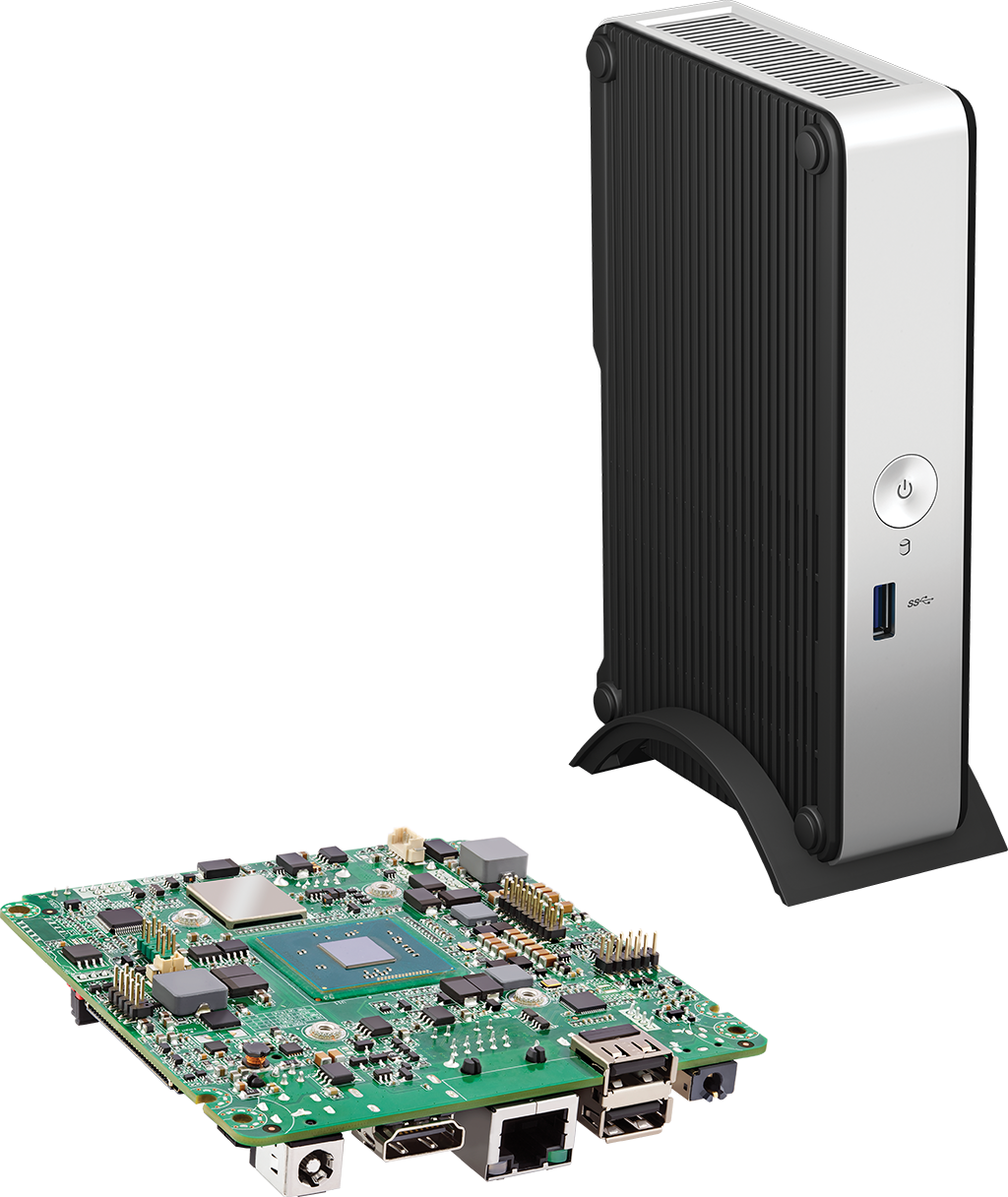
Canonical releases Snappy Ubuntu Core Linux image for x86-based Intel NUC DE3815TY
The Raspberry Pi is a game-changing computer. While it was primarily designed as a low-cost base on which students could learn to code, it has proven to be much more. Some consumers buy it for HTPC purposes, but more importantly, developers embrace the little computer for other projects, such as IoT.
Unfortunately for some developers, the ARM architecture and rather anemic performance make the Raspberry Pi a poor choice. While some consider ARM to be the future, I'm not so sure -- x86 has been surprisingly adaptable. Today, Canonical releases an Ubuntu Core image for the x86-based Intel NUC DE3815TY. Priced around $150, this NUC is more expensive than the Pi, but it is much more powerful too; a better choice for developers needing an x86 platform.
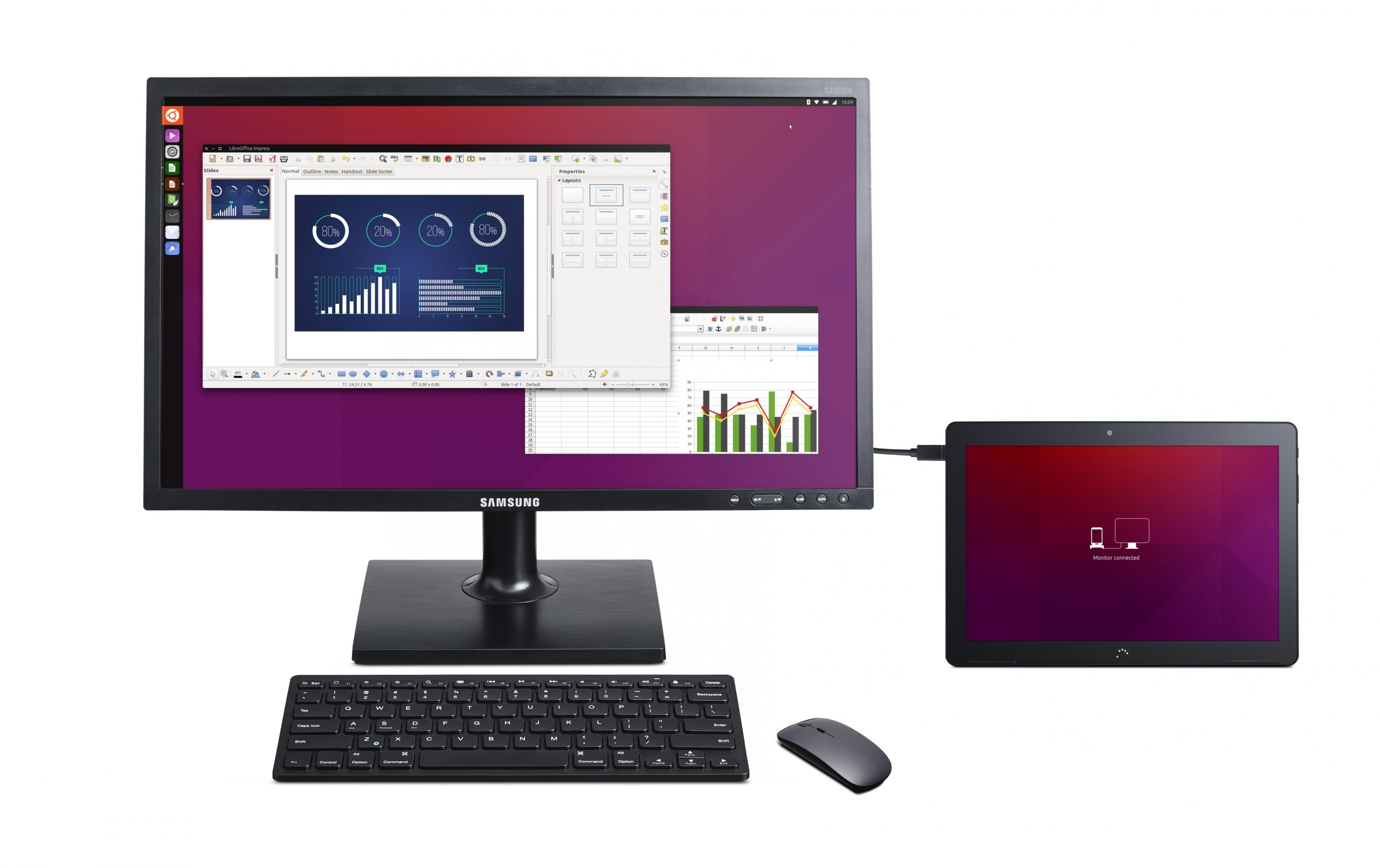
Canonical fulfills its Linux convergence vision with BQ Aquaris M10 Ubuntu Edition tablet
Convergence is all the rage in the technology industry nowadays and for good reason -- our handheld devices are insanely powerful. It makes sense to leverage a smartphone or tablet's processor for desktop computing. By connecting a monitor, mouse, and keyboard to the mobile device, it can serve as a full-fledged computer. Those with more hardcore computing needs, such as editing video, for example, may have to wait a while for more powerful handheld devices.
Microsoft has shown off its Continuum functionality, which turns a Windows 10 Mobile smartphone into a desktop, but because of shocking limitations, it really isn't ready for prime-time. Canonical has long been working on its own convergence plans with Ubuntu -- it is not copying Microsoft's. Quite frankly, it can be argued that the open source Linux kernel is a more adaptable base for such Swiss Army-like devices as Windows could be too bloated. Today, Canonical unveils the BQ Aquaris M10 Ubuntu Edition tablet which fulfills its Linux convergence vision. Not only can a user be productive with the tablet itself, but it can be connected to peripherals to create a full desktop experience.
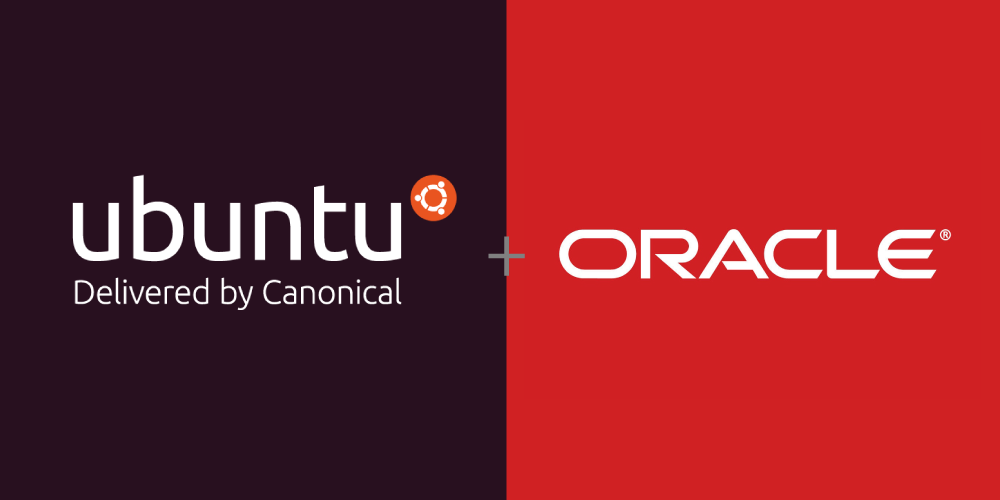
Canonical and Oracle team up to boost enterprise cloud use
Canonical, the company behind Ubuntu Linux, has announced a collaboration with Oracle to make Ubuntu images available on Oracle Cloud.
Under the deal, Certified Ubuntu images will be available on the Oracle Cloud Marketplace, providing Oracle enterprise customers with increased choice and new and innovative ways to manage and scale their enterprise workloads, using the number one cloud operating system.
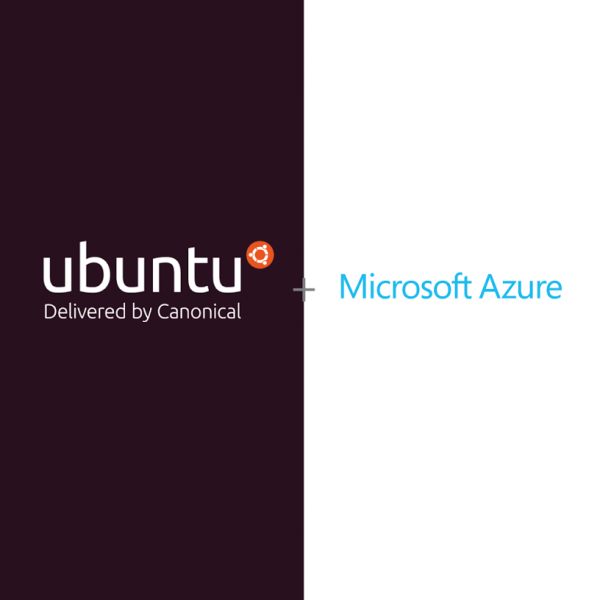
Ubuntu Linux and open source play key role in Microsoft Azure Stack Technical Preview
The current perceptions of Microsoft by some home users can be quite negative. This is likely due to privacy concerns with Windows 10, which is a legitimate issue. With that said, the company is still the darling of the enterprise. After all, Windows 7 and Office are integral tools for many successful businesses.
Windows and Office aside, another wildly popular business tool from Microsoft is Azure. This cloud platform is great, but some companies wisely prefer an on-premises solution. Enter Azure Stack. Today, Microsoft announces that the first Technical Preview of its hybrid cloud/datacenter product is coming this week. Bigger news, arguably, is that Canonical's operating system, Ubuntu Linux, will play a key role. Once again, Microsoft is leveraging open source -- noticing a trend here, folks?
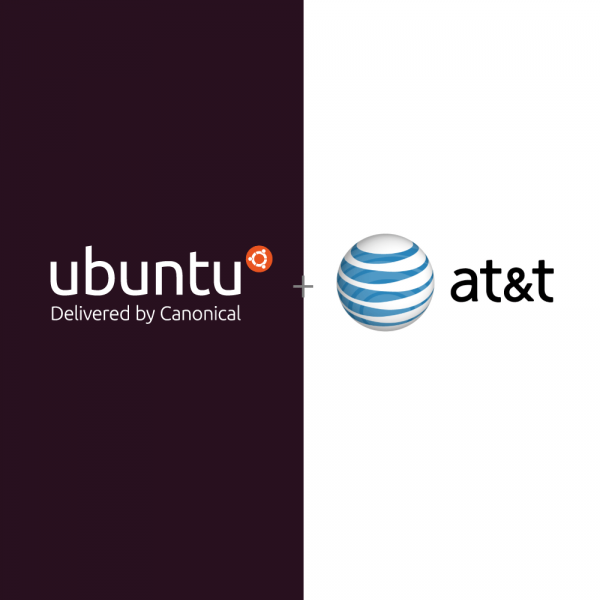
AT&T chooses Ubuntu Linux instead of Microsoft Windows
While Linux's share of the desktop pie is still virtually nonexistent, it owns two arguably more important markets -- servers and smartphones. As PC sales decline dramatically, Android phones are continually a runaway market share leader. In other words, fewer people are buying Windows computers -- and likely spending less time using them -- while everyone and their mother are glued to their phones. And those phones are most likely powered by the Linux kernel.
Speaking of smartphones, one of the largest cellular providers is the venerable AT&T. While it sells many Linux-powered Android devices, it is now embracing the open source kernel in a new way. You see, the company has partnered with Canonical to utilize Ubuntu for cloud, network, and enterprise applications. That's right, AT&T did not choose Microsoft's Windows when exploring options. Canonical will provide continued engineering support too.

Linux Mint 18 details revealed -- code name, release date, and more!
When it comes to desktop computing, I love me some Linux. While Ubuntu is my favorite distro of the moment, I use many others from time to time, such as Fedora, deepin, and Linux Mint. My desktop environment preference is Unity or Gnome, but I understand the love for Mint's Cinnamon or MATE. If you are coming from Windows, and prefer the "Start Menu" approach as an interface, both of those primary Mint DEs will make you comfortable.
Since Mint is based on Ubuntu, there are tons of available packages, and online support -- no wonder it is so popular in the Linux community. Today, new details about version 18 of the operating system have made their way to the web. We now know the code name, approximate release date and Ubuntu version for its base! What is the code name? Well, if you are a fan of Sex and the City, you might be excited, as it shares the first name of the lead actress. Can you guess?

Ubuntu Linux 16.04 'Xenial Xerus' Alpha 1 available now
While Windows 10 is a solid operating system, it is nowhere close to being perfect. Actually, for 2015, I am comfortable saying Ubuntu was the superior operating system. The Linux-based OS is rock solid, while being straightforward -- no confusing privacy settings, silly live tiles, or aggressive upgrade tactics. Quite frankly, Ubuntu 15.10 with Unity is currently my favorite operating system. This is saying a lot, as I have historically preferred Fedora with GNOME.
Today, the first official Alpha of the upcoming Ubuntu 16.04 'Xenial Xerus' becomes available for download. By the way, a Xerus is apparently an African squirrel; you can see an image of one above. Before you get too excited, however, Unity is not available, nor is GNOME or KDE. No, this is exclusively a LXDE, MATE, and Kylin (for Chinese-language users) affair.

Canonical goes on the attack, claims over a billion people use Ubuntu
At the end of last year, Michael Larabel of Phoronix wrote an article in which he pointed out that Ubuntu had failed to hit its stated aim of 200 million users by the end of 2015. This figure was a goal that Canonical founder Mark Shuttleworth laid out at the Ubuntu Developer Summit (UDS) in May 2011.
"We're just days away from closing out 2015 and it doesn't look like Ubuntu has come close to reaching that goal", Larabel wrote. Clearly his article riled those at Canonical, and the company has come out swinging with a blog post that details exactly how popular, and ubiquitous, Ubuntu is.
